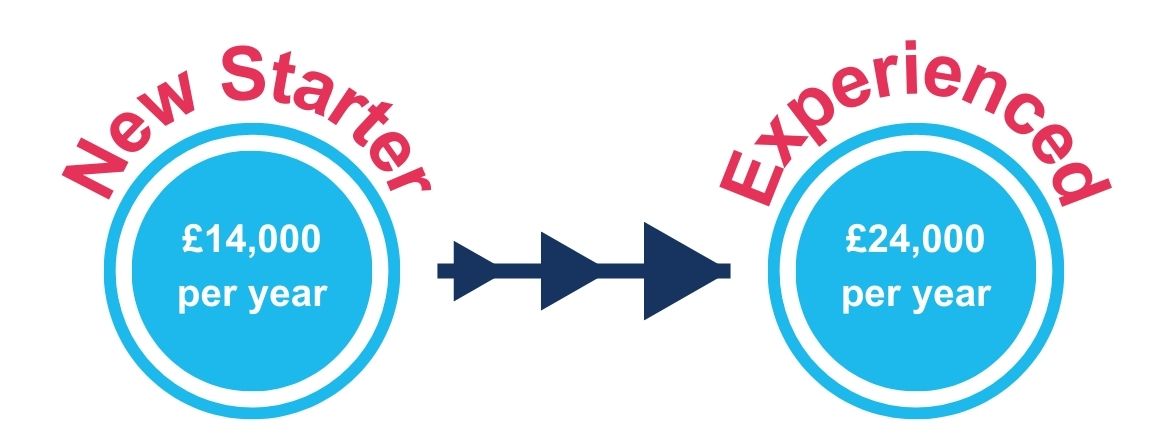Early years practitioners are found in a range of private and public settings including; full day care, children’s centres, pre-schools, reception classes, playgroups, nursery schools, home based provision, hospitals, social care settings, out of school environments and local authority provision to deliver the Early Years Foundation Stage (EYFS) requirements set by government for the learning, development and care of children from birth to 5 in both indoor and outdoor environments.
An early years practitioner works as part of a professional team ensuring the welfare and care for children under the guidance and supervision of an Early Years Educator, teacher or other suitably qualified professional the Early Years Workforce.
Course Requirements
Apprentices without level 1 English and maths will need to achieve this level and apprentices without level 2 English and maths will need to take the tests for this level prior to taking the end-point assessment.
A British Sign Language (BSL) qualification is an alternative to the English qualification for those whose primary language is BSL.
Work in partnership with other colleagues, parents and/or carers or other professionals to meet the individual needs of each child in line with company policies and procedures.
Use play to support children to understand and encourage healthy life choices.
Identify issues of safeguarding and child protection, ensuring that the welfare and safety of children is promoted and safeguarded and to report any child protection concerns to the person in charge.
Carryout self-reflection and use continuous professional development opportunities to improve practice.
Undertake specific tasks related to the safety and hygiene of the children and the cleanliness of the setting.
Use their knowledge of child development to work with parents and carers to improve children outcomes and wellbeing, including those with disabilities and additional needs.
Contribute to the planning and organise activities and children's individual experiences which will support and extend the children’s learning in line with the Early Years Foundation Stage.
Communicate and engage with children to support their learning and development.
Support the collection of accurate and up-to-date records which identify children’s individual needs, abilities and progress and use these as a basis for future planning.
Support the wellbeing of all children including those with additional needs and disabilities.
Assessment Methods
This is a knowledge based course with practical aspects that will need to be demonstrated.
End-Point Assessment
- Professional discussion underpinned by a portfolio
- Knowledge test
Assessment Methods
Upon the successful completion of this apprenticeship, why not continue to study on one of these courses:





